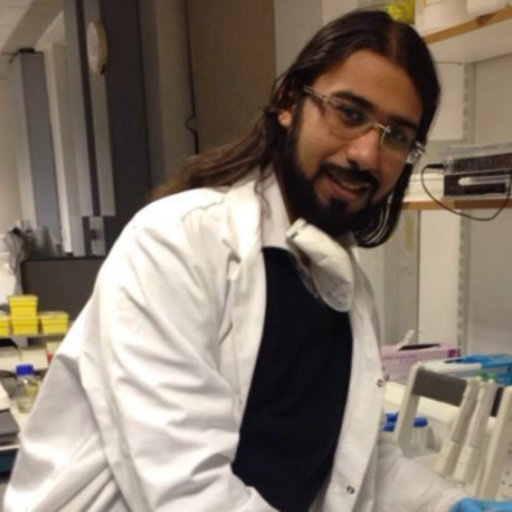Welcome to
Dr. Majed's Lab
Associate Professor of Environmental
Toxicology
Department of Biological Sciences
Faculty of Sciences
King Abdulaziz University



Director of Environmental Protection & Sustainability Laboratory (EPS).
Director of Toxicology Research Group.
Head of the Electron Microscopy Unit.
Secretary of the Departmental Board – Biological Sciences Department.
Faculty of Sciences.
King Abdulaziz University
Building 90A, Third floor, Room 36C57.
Saudi Arabia P.O. Box 80203 Jeddah 21589.
Phone: +966(0)126400000 (office) 64742 (lab) 52291.
Mobile: +966(0) 556372123.
Fax: +966(0)126400000 (64702).
E-mail: malshaere@kau.edu.sa
Current Research Interest
Dr. Majed is an Associate Professor of Environmental Toxicology in the Department of Biological Sciences at King Abdulaziz University. Dr. Al-Shaeri received an MSc (2011) and PhD (2014) in (Toxicology & Nano-Ecotoxicology) from Heriot-Watt University in Edinburgh, Scotland, United Kingdom. Dr. Al-Shaeri is interested in environmental toxicology, nanobiotechnology, nanotoxicity, and the synthesis and characterization of nanomaterial (NMs). Current research efforts are focused on toxicology & eco-nanotoxicology. Recent research activity has focused on (1) the eco/toxicity of nanomaterials, (2) the safety of nanomaterials in medicine, (3) dietary exposure to metal nanoparticles and other contaminants, (4) body systems nanotoxicology (immunotoxicity; gastro-intestinal physiology and pathology; neurotoxicity) and (5) the impact of nanoparticles on the genomics and proteomics of microorganisms (Bacteria and microalgae). Other research efforts are focused on the different manufacturers of making NMs use a variety of synthesis methods, employing different also catalytic metals and carbon sources leading to raw CNTs of varying purities and length, two characteristics important in determine the behaviour of CNTs and their potential health risk following exposure. The Fundamental studies currently underway involve nanomaterial interactions other substances, and their potential toxicity and behaviour and how they may effect on biological systems, including in vitro and in vivo studies, intracellular fate; uptake, translocation and distribution. The understanding of NMs functionalization, synthesis, characterization, behaviour and interaction with metals provides good evidence that may lead to an understanding of their fate and effect on environment and human health. The research premise will aid in novel nanobiotechnology and nanotoxicology model development and thus enable safe implementation of nanomaterial products.